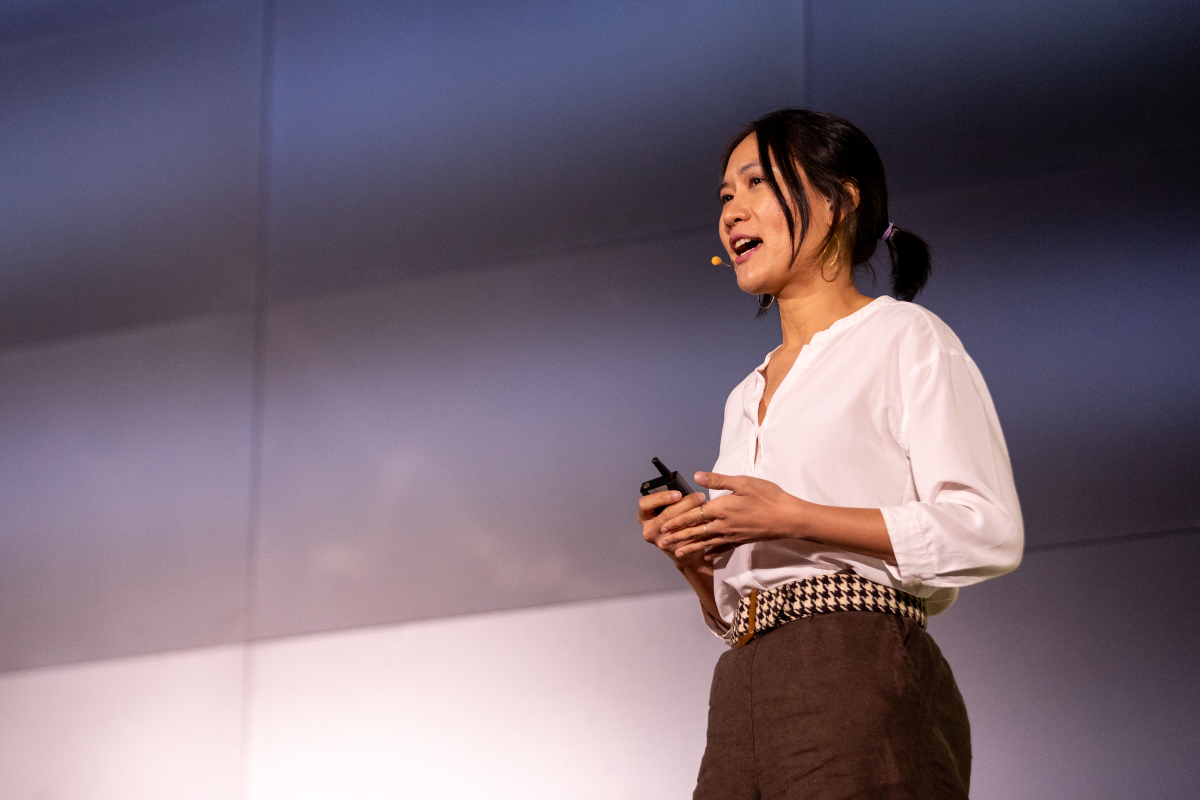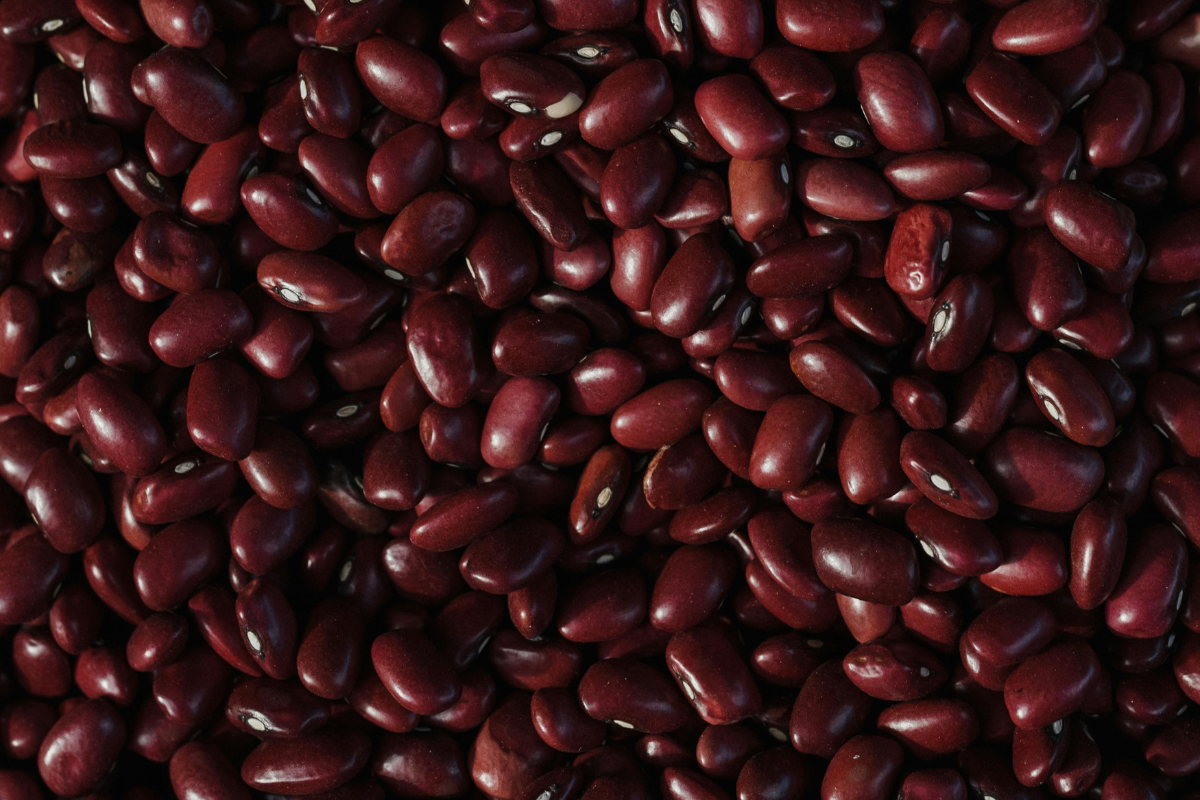Emily Armistead
24
June
2024
This opinion piece by Emily Armistead was first published by Euronews.
Another week and another article about ultra-processed foods (UPFS). This time an interview with Michael Pollan, veteran food-writer and campaigner, who famously coined the mantra, “Eat food, not too much, mostly plants”.
I definitely agree with Pollan’s approach, but amongst groups focused on driving a shift towards plant-rich diets, the increased public debate around UPFs is not always welcome. The NOVA classification system, used to classify foods based on different levels of processing, typically categorises meat and dairy analogues as UPFs, which many health advocates say should be avoided. This classification is problematic, since it’s unlikely we can shift diets to reduce food emissions sufficiently, without the offer of meat and dairy alternatives.
Those who question the NOVA framework and the building clamour against UPFs say that the NOVA system was always a sociopolitical categorisation (capturing foods produced by large conglomerates rather than in the home) and is too dismissive of nutrition, focused on levels of processing instead.

Various studies have shown that many plant-based alternatives come out better than their meat equivalents when assessed on a nutritional basis, for example, in terms of fibre, fat or salt content. But this holds no sway with the blunt NOVA system.
The food industry, especially Big Meat is loving this growing schism between food advocates. I’m now used to scanning articles about UPFs to find the line where meat and dairy alternatives are thrown under the UPF bus. It's as if veggie-burgers are the villains destroying our children's health and creating a time-bomb of diet-related illness. Forget about the sugar-laden biscuits and reconstituted potato snacks. It feels like our focus is slightly off.
But as someone who is interested in creating a food system that is both nourishing for human and planetary health, I don’t believe the NOVA classification and conversation about UPF’s should be dismissed outright. Being able to reduce food emissions as quickly as necessary (many experts say we should be reaching ‘peak meat’ as soon as next year in high meat consuming countries like the UK, US and Germany), while also doing the deep and long-term work to truly reimagine our food system, will require compromises and trade-offs.
So what shifts in approach do we in the movement need to adopt?
1. Those advocating for reduced levels of processing in our food need to be more vocal about the necessity of some UPFs. Baby milk is an obvious one but also meat and dairy alternatives that will be a key driver in catalysing the protein transition. The NOVA classification should be updated to reflect this nuance.
2. Meanwhile, animal and climate advocates need to get-real about the effects of processing and advocate for innovations which minimise it, while ensuring higher levels of nutrition in meat and dairy alternatives. Equally, we need to advocate for a protein transition which emphasises increased access to wholefoods and doesn't solely rely on alternative proteins.
3. Finally, we need to harness the growing wave of mistrust of Big Food unleashed by the UPF debate. There is no way we can fundamentally shift the food system towards one that is sustainable, healthy and just without tackling the power of the companies at the top of the chain. And thanks to the public outcry about UPFs, the door is more open to measures to push companies out of policymaking and to increase transparency around corporate-funded research, initiatives which would support all of our aims.
Ultimately, we need to pull together to transform our broken food system. Across the movement we broadly have the same goal - a food system that is healthy for people and planet. Building alignment between civil society groups advocating across health, environment, consumer rights and animal welfare will be critical in achieving this.




.png)